Description
Buy Ambrolex 15 mg / 5ml Syrup 120 ml at Rose Pharmacy Online Drugstore
Description :
Each tablet also contains maize starch, dibasic calcium phosphate, anhydrous microcrystalline cellulose, talc, magnesium stearate and colloidal silicon dioxide as excipients. Each 5 mL of syrup also contains granulated sucrose, sorbitol 70%, methylparahydroxybenzoate, propylparahydroxybenzoate, sodium benzoate, citric acid monohydrate, propylene glycol, disodium edentate, thiourea, menthol, blackcurrant flavor, soluble ponceu 4R, purified water (15 mg/5 mL pediatric syrup) or deionized water (30 mg/5 mL syrup) as excipients.
Each mL of oral drops also contains granulated sucrose, sorbitol 70%, methylparahydroxybenzoate, propylparahydroxybenzoate, sodium benzoate, citric acid monohydrate, propylene glycol, disodium edentate, thiourea, menthol, blackcurrant flavor, soluble ponceu 4R, purified water as excipients.
Each SR capsule also contains sucrose microgranules, maize starch microgranules, methacrylic acid-methyl methacrylate copolymer 1:1 (Eudragit L100), diethyl phthalate and talc as excipients.
Indications / Uses :
Treatment of acute respiratory tract diseases with impaired formation of secretions, particularly in acute exacerbations of chronic and asthmatic bronchitis, bronchial asthma and bronchiectasis.
Treatment of respiratory disorders associated with viscid mucus eg, pneumonia, otitis media, sinusitis, nasopharyngitis.
As secretolytic therapy for relieving cough in acute and chronic disorders of the respiratory tract associated with pathologically thickened mucus and impaired mucus transport.
Administration :
Should be taken with food: Take immediately after meals. SR cap: Swallow whole, do not chew/crush.
Contraindications :
Hypersensitivity to ambroxol or any of the excipients of Ambrolex.
Special Precautions :
General Warning: Physician should be consulted if cough persists for =14 days.
Renal Impairment: In renal insufficiency, physician should be consulted before taking ambroxol hydrochloride. In severe renal impairment, accumulation of metabolites formed in the liver must be expected and consequently, the maintenance dose must be reduced or the dosing interval extended.
Secretion Impairment: In patients with symptoms of chronic impairment of secretion production or clearance, ambroxol should be used only when prescribed by a physician.
Peptic Ulcer: The use of ambroxol should be carefully considered in patients predisposed to peptic ulcers.
Ciliary Dyskinesia: In patients with ciliary dyskinesia, the benefit of liquefaction of secretions should be carefully weighed against the risk of congestion of secretions.
Antitussives: Concomitant administration of antitussives should be avoided due to the risk of congestion of secretions (see Interactions).
Skin Damage: Very rare cases of severe skin damage eg, Stevens-Johnson syndrome and Lyell’s syndrome (toxic epidermal necrolysis) have been reported in a temporal relationship with the administration of mucolytic substances including ambroxol. In most cases, they could be explained by the severity of the underlying disease or concomitant administration of another medicine. In the early stage of such severe skin reactions, only non-specific flu-like symptoms may arise, eg, fever, pain in the limbs, cold, coughing and sore throat. (See Adverse Reactions.)
If there is a new occurrence of damage to the skin or mucosa, medical advice should be obtained immediately and the treatment with ambroxol should be discontinued.
Excipients: Tablets contain lactose. Patients with rare hereditary problems of galactose intolerance, Lapp lactase deficiency or glucose-galactose malabsorption should not take Ambrolex.
Syrup contains sucrose and sorbitol, oral drops contain sorbitol and modified-release capsules contain sucrose. Patients with fructose intolerance should not take Ambrolex syrup, oral drops or modified-release capsules. A mild laxative effect may occur.
Syrup contains methyl and propyl hydroxybenzoate (parabens) which may cause allergic reactions (possibly delayed).
Syrup and oral drops contain ponceu 4R (E124) which may cause allergic reactions.
Effects on the Ability to Drive or Operate Machinery: No studies on the effects on the ability to drive and use machines have been performed. An effect on the ability to drive and operate machinery is unknown.
Impairment of Fertility: There are no relevant data available.
Use in pregnancy: Caution is advised when ambroxol is used during pregnancy. Use during the 1st trimester of pregnancy is not recommended. Ambroxol crosses the placenta. Animal studies do not show either a direct or indirect harmful effect on pregnancy, embryofetal development, parturition or postnatal development. Comprehensive controlled studies in pregnant women after the 28th week have not shown any harmful effects on the fetus.
Use in lactation: Ambroxol is excreted in breast milk and should not be taken during lactation. However, no adverse effects on the breastfed infant are expected.


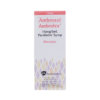

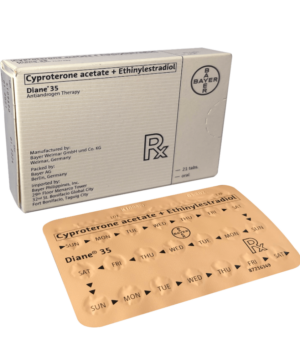

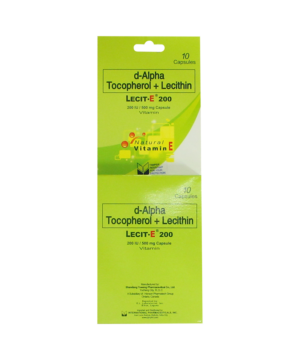
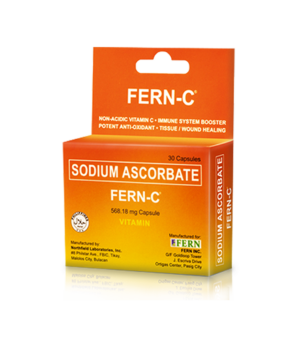
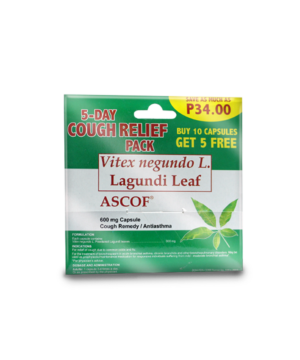
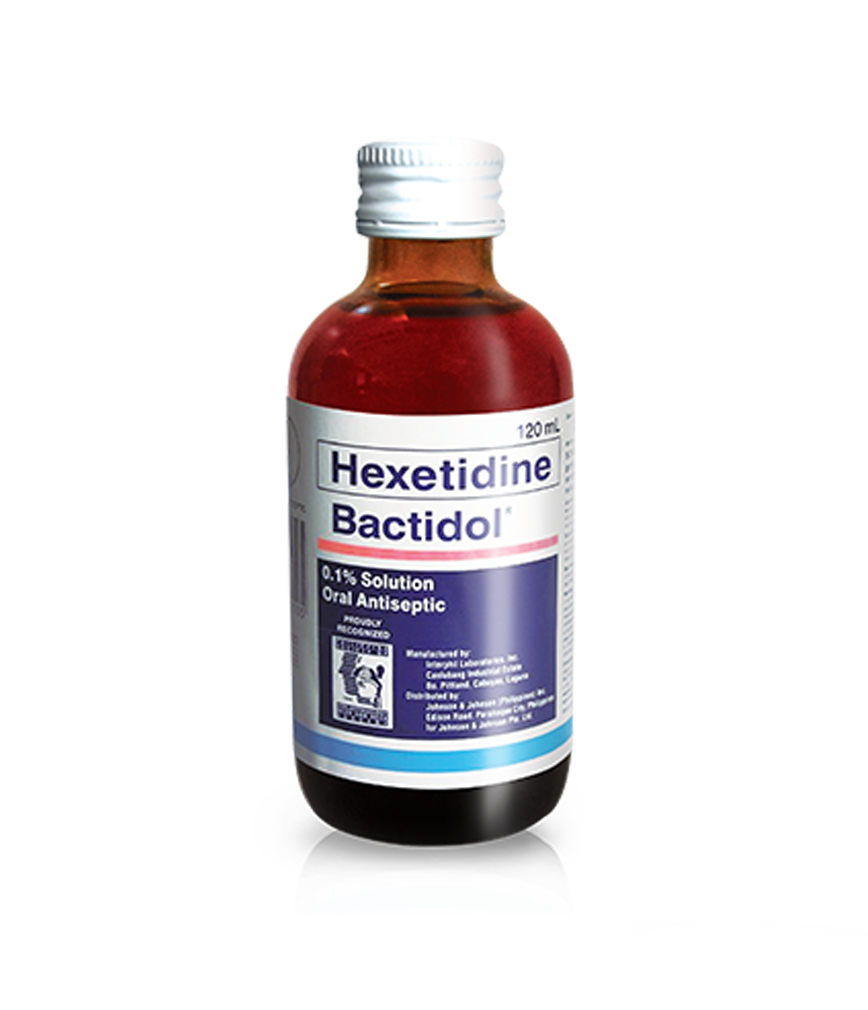
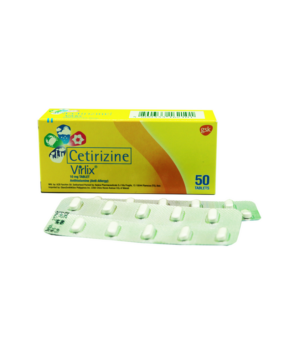



Reviews
There are no reviews yet.